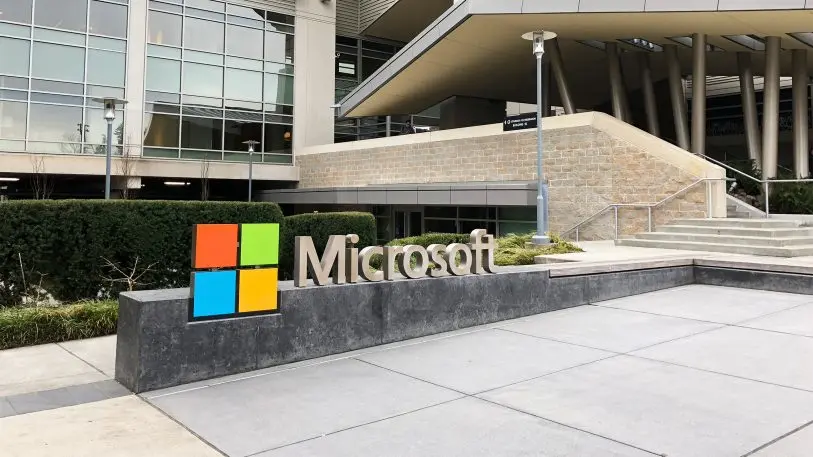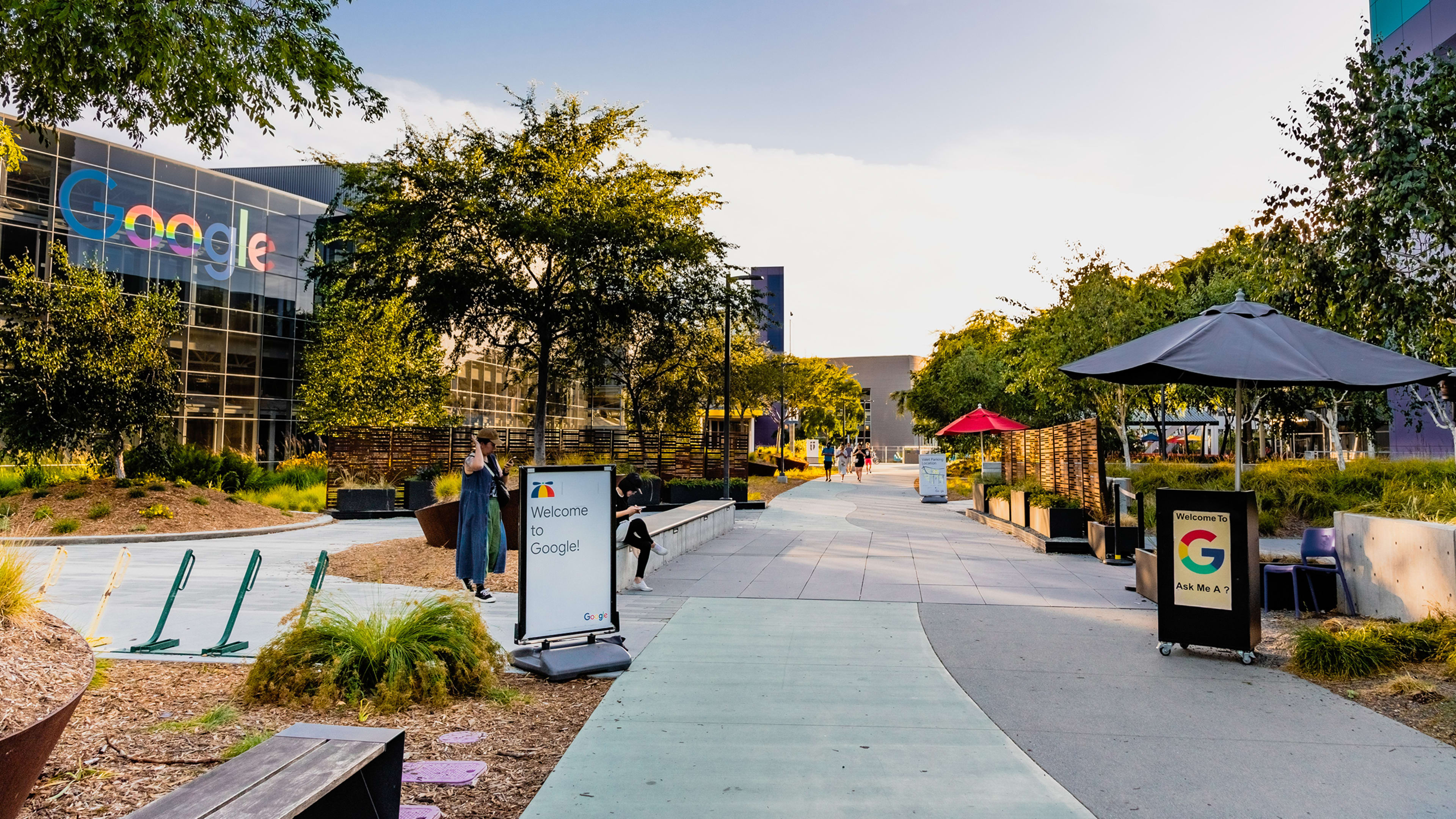Millions of Americans have been advised to work from home as a precaution against COVID-19, and in Washington and California—states that have been hit particularly hard by the coronavirus outbreak—that means major tech headquarters and campuses are now empty. Those offices also employ cafeteria workers, janitorial staff, and even shuttle drivers, who are hourly rather than salaried. For the workers who make those offices run, working remotely isn’t an option. If there’s no one to feed, clean up after, or shuttle, what happens to them?
Fortunately, many companies seem to be taking them into consideration. In a blog post last week, Microsoft president Brad Smith outlined what the company is doing to support its hourly staff as many of its Puget Sound and Northern California salaried employees work from home, reducing the need for those on-site services. “We recognize the hardship that lost work can mean for hourly employees. As a result, we’ve decided that Microsoft will continue to pay all our vendor hourly service providers their regular pay during this period of reduced service needs,” he wrote.
In Puget Sound, where Microsoft’s Redmond campus spans 500 acres, employs more than 53,000 people total, and features shuttles, retail shops, restaurants, and more, there are 4,500 hourly workers that keep all those things running. Those employees will continue to receive their regular wages, Smith wrote, even if their work hours are reduced.

Other tech companies have followed suit since. Amazon, which is the largest private employer in the city, recently asked its employees to work from home through the end of the month. “We will continue to pay all hourly employees that support our campus in Seattle and Bellevue—from food service, to security guards to janitorial staff—during the time our employees are asked to work from home,” a spokesperson said in a statement to Fast Company. “In addition, we will subsidize one month of rent for the local small businesses that operate inside our owned buildings to help support them during this period.”
The amount of pay those hourly workers will receive is based on their traditional hours, so essentially the buildings are still operating as normal. Amazon delivery drivers and warehouse workers in its many fulfillment centers can’t work remotely, though. For those employees, Amazon says that it will not count any unpaid time off that an employee needs to take during March, and that it will not assign attendance points—part of the company’s point system to track employee infractions—if they are unable to come into work. Amazon has a history of long ignoring issues in its warehouses, though, including workers saying they were punished for getting injured on the job. (Much of the commentary on Twitter about warehouse workers who are receiving hand sanitizer and wipes, and who have previously praised the company for taking safety seriously, are coming from Amazon FC Ambassador accounts.)
After a Facebook employee in Seattle was diagnosed with coronavirus, the company briefly closed its Stadium East office and asked all 5,000 Seattle-based employees to work from home until March 31. With those offices empty, the company is working closely with its vendors, said Anthony Harrison, Facebook company spokesperson. “Facebook will pay contingent workers that cannot work due to reduced staffing requirements during voluntary work from home, when we close an office, when we choose to send an employee home, or when they are sick,” Harrison said in a statement.

Apple also confirmed that it will continue to pay office support staff, and Sundar Pichai, CEO of Google and Alphabet, wrote in a company announcement that as some offices have shifted to a work-from-home status, “we have been making sure that our hourly service vendor workers in our extended workforce who are affected by reduced work schedules are compensated for the time they would have worked.” Google also pledged $25 million in donated ad credit to the World Health Organization and government agencies, and, to make up for the economic impact of canceling the 2020 I/O developer conference, pledged $1 million to local Mountain View organizations to support small businesses and increase STEM and computer science opportunities in schools. Salesforce CEO Marc Benioff tweeted that the company was “strongly encouraging” employees to work from home and that it, too, would pay its hourly vendors.
That these tech companies are thinking of their hourly workers is a positive, but as the coronavirus outbreak worsens and expands, even more hourly workers will be at risk of losing their jobs or facing financial hardships. Many restaurant workers are not guaranteed sick leave and are being forced to work through this outbreak. In the U.S. there are no federal requirements for paid sick leave, and even government employees only get 13 days of sick leave per year—less than the 14-day recommended quarantine period for those who have coronavirus symptoms, especially if some of that time has already been used or needs to be used in the future. Labor and health experts have called for paid sick-leave laws to stop the spread of coronavirus, but at the moment, the ability to stay home from work or work remotely is largely left to an employer’s discretion.
Recognize your brand’s excellence by applying to this year’s Brands That Matter Awards before the early-rate deadline, May 3.
